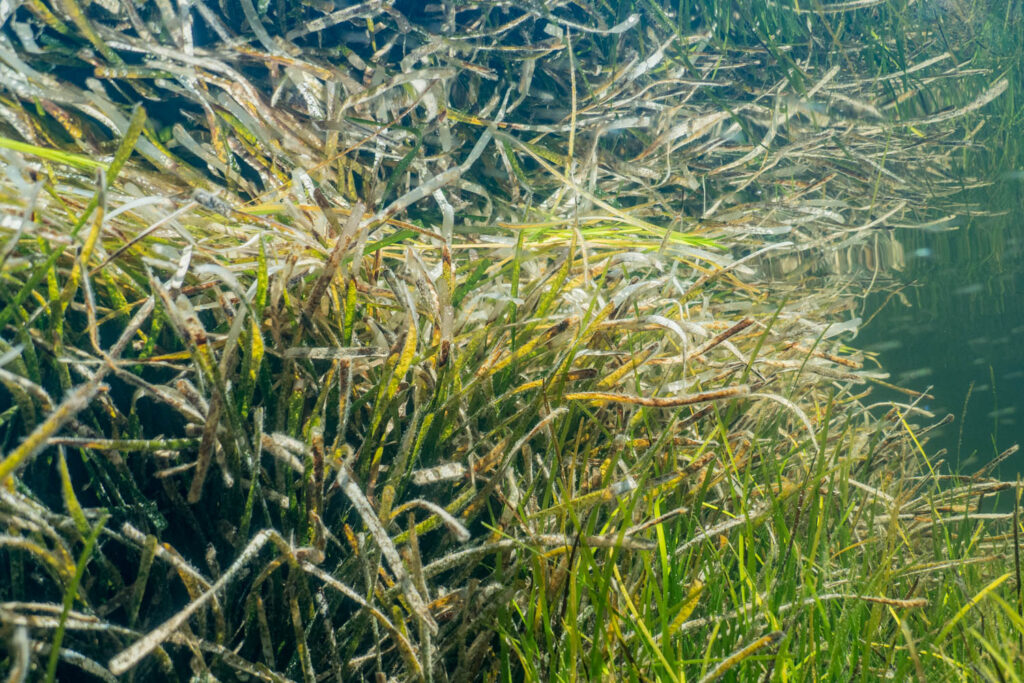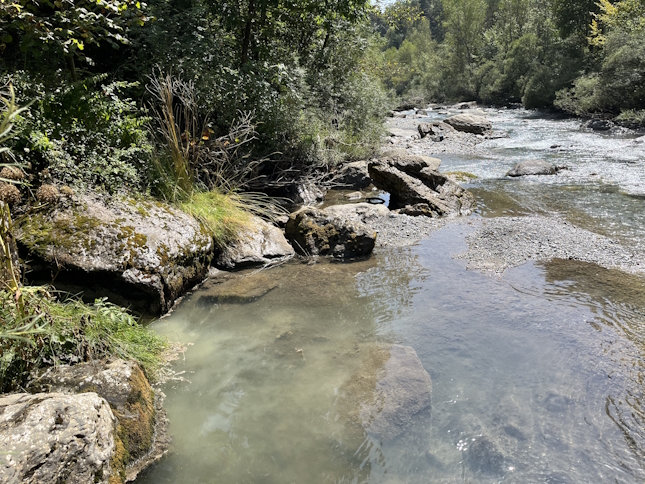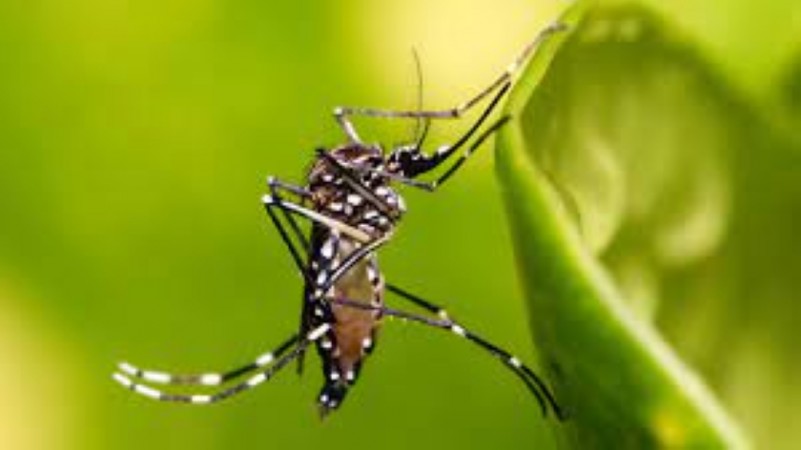POSIDONIArXiv is an EU HORIZON MSCA project that combines environmental DNA (eDNA)—DNA fragments left by organisms in water and sediments—biogeochemical analysis, and ecological network analysis to reconstruct, over time, the processes and changes in Spain’s Posidonia oceanica meadows. The team collects sediment cores in areas with higher and lower human pressure; biogeochemistry identifies key disturbance periods and guides sampling and eDNA analysis to reconstruct past biodiversity. These data are used to model ecological networks over centuries to millennia to understand biodiversity dynamics and the resilience mechanisms of these meadows. The project provides tools to guide the management and restoration of P. oceanica, a key species that stabilizes sediments, stores CO₂, and provides habitat for numerous species but is currently declining due to human impacts.
For more information, please consult the project website.









